He emphasized that this not only impacts Hungary, but all European countries without access to the sea. The State Secretary mentioned Slovakia, the Czech Republic, Austria, and Bulgaria in this category as well, as countries that, due to geographic and historical reasons, are reliant on Russian energy.
Zoltán Kovács highlighted that energy dependence was not just a campaign topic in the last election, or a policy of the past few years, but rather an inherited problem that is being dealt with.
Aside from this, the government spokesman also pointed out that they have been working on this unilateral dependency throughout the past 12 years, but they are still very far from developing safe alternative sources of energy and pipelines from Europe and other parts of the world.
The CNN reporter played Robert Habeck’s, Vice-Chancellor of Germany’s, statement criticizing Viktor Orbán’s “nefarious” self-interest. In answer to the question of why Hungary is refraining from reducing dependence on Russian oil, Zoltán Kovács replied: Germany, as an employer of thousands of Hungarians, understands the Hungarian leadership’s motives perfectly well.
He added that Germany cannot demand a greater sacrifice from Hungary then the consequential impacts of the Russian sanctions would have.
Concerning the oil embargo, Zoltán Kovács highlighted that landlocked countries and those without access to the sea – including Hungary – have not received any form of guarantees from the European Commission nor any Member States that their energy supplies would be guaranteed. Quoting Prime Minister Viktor Orbán, the State Secretary said that “the immediate introduction of an oil embargo would be tantamount to an atomic bomb for the Hungarian economy and households” and “no responsible politician could support such a move.”
Zoltán Kovács underlined that “the compromise agreement reached at the EU summit in Brussels was a triumph of common sense.”
The government spokesperson also mentioned that Foreign Minister Péter Szijjártó recently visited Croatia and held successful talks concerning long-term energy security cooperation, including the expansion of the Adriatic oil pipeline connecting Hungary and Central Europe to Croatia.
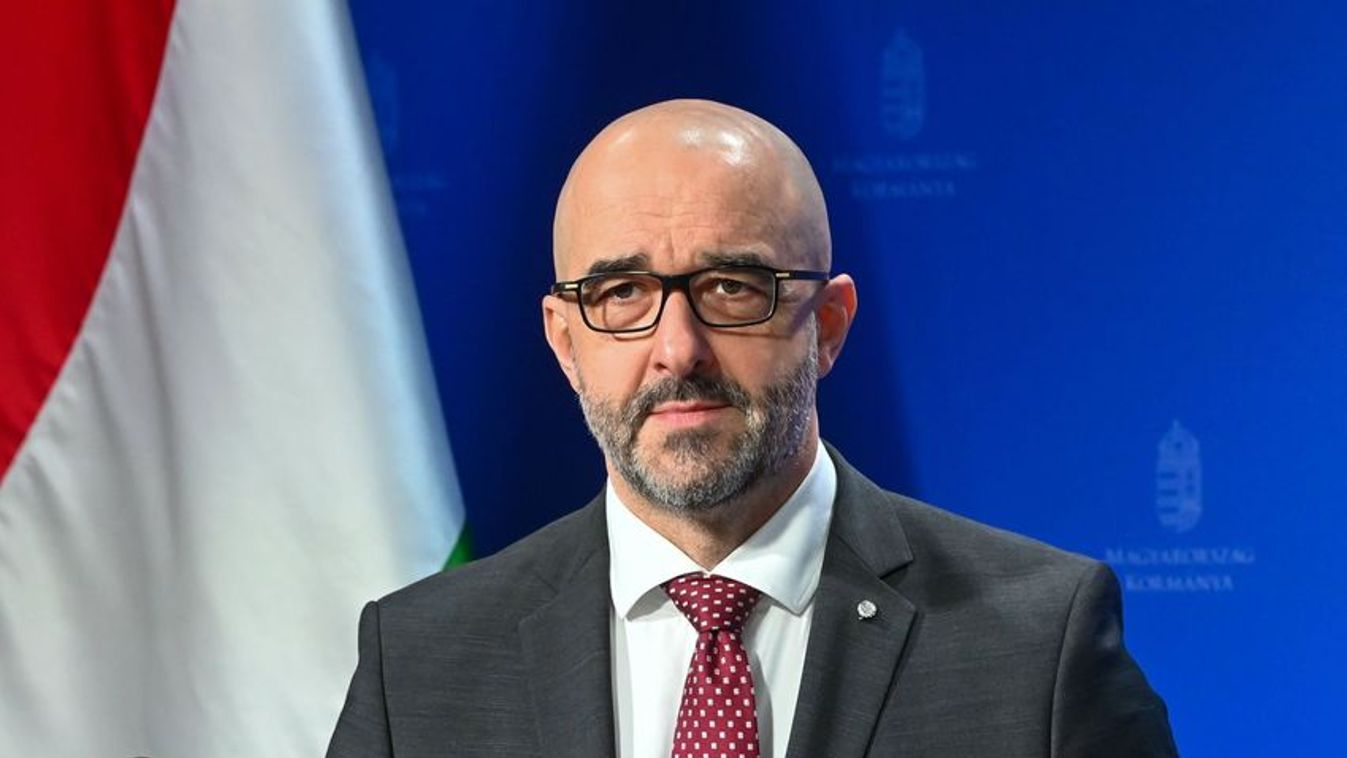
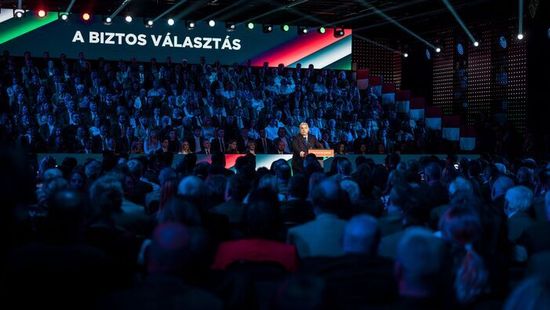
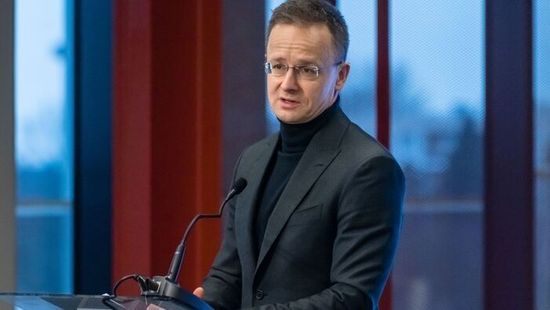

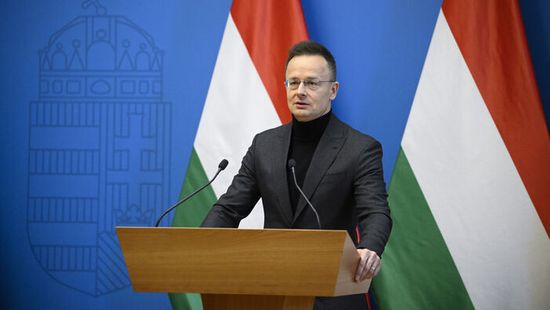

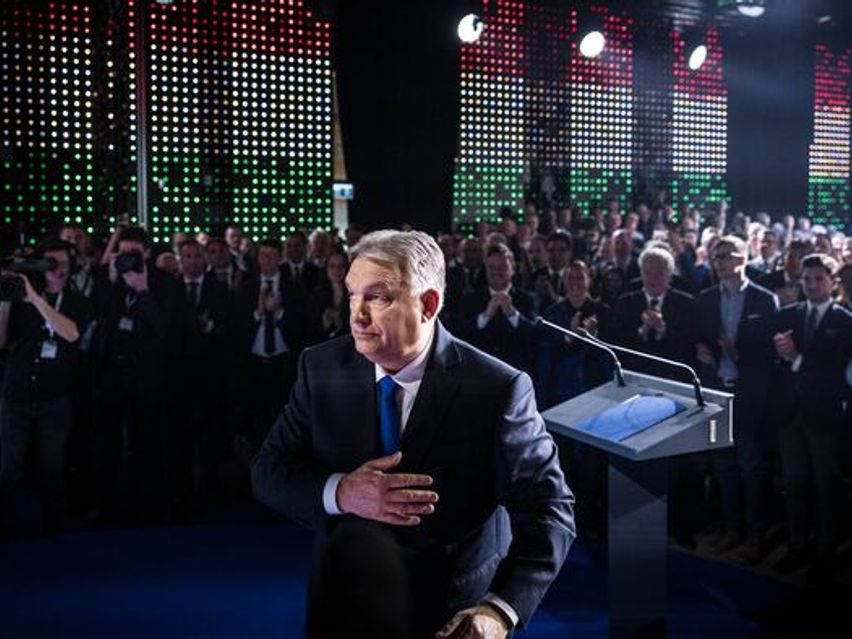
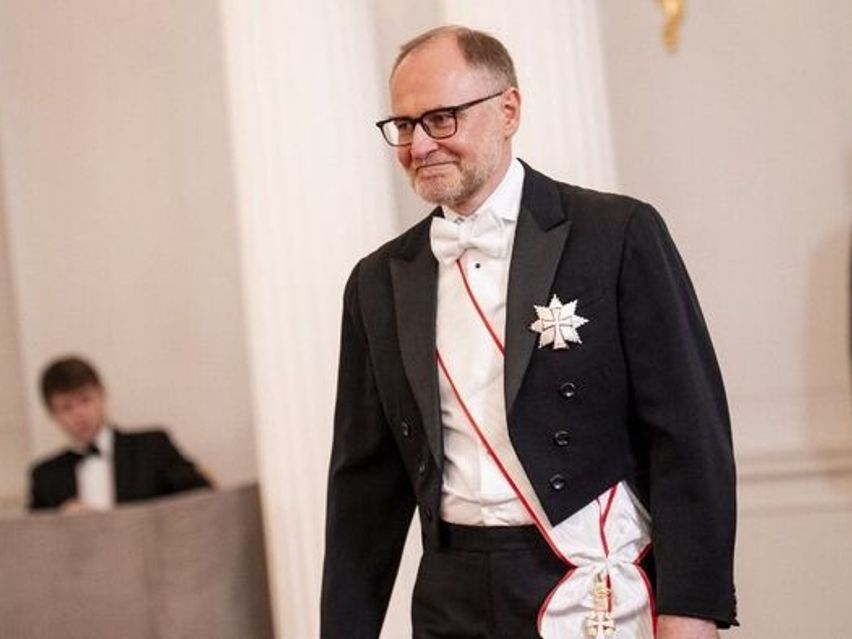
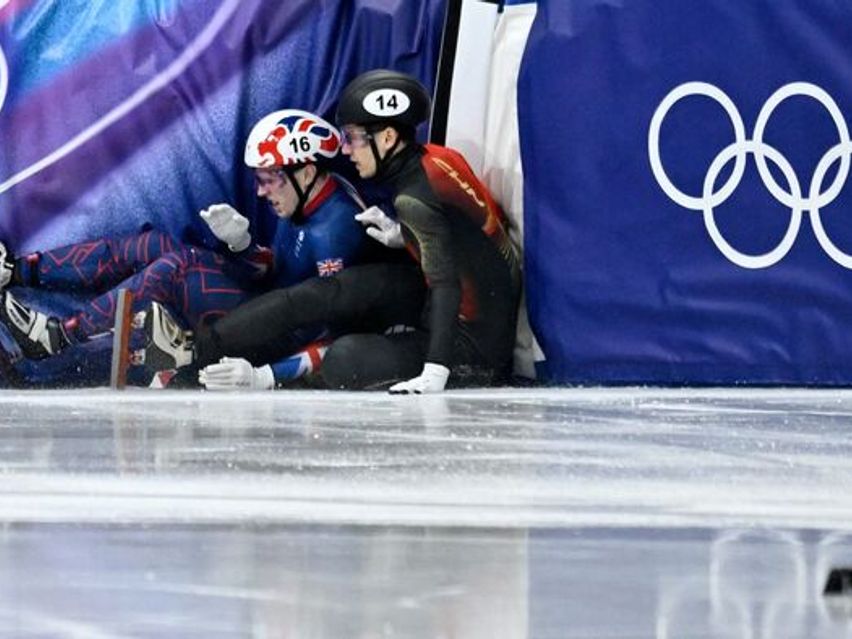
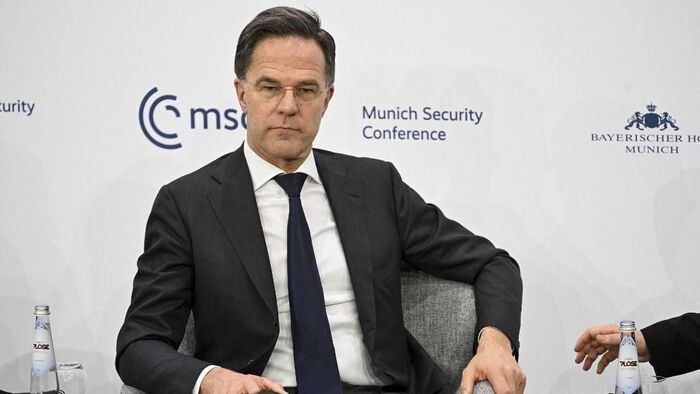


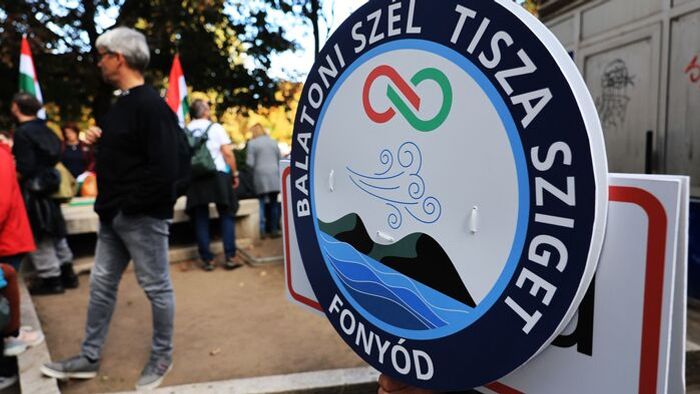
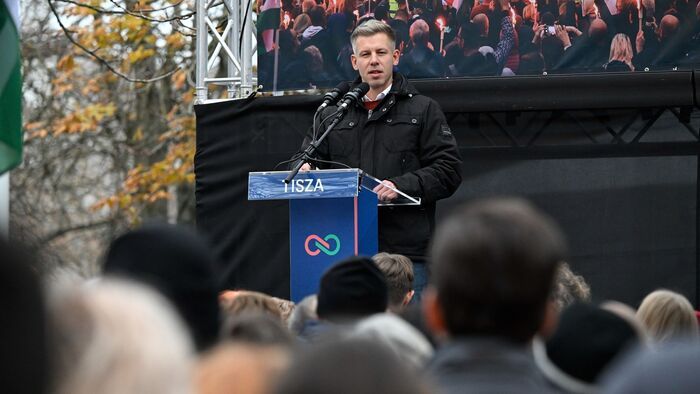
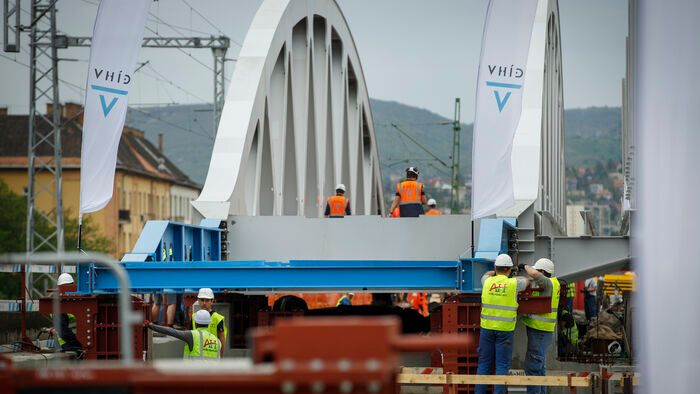
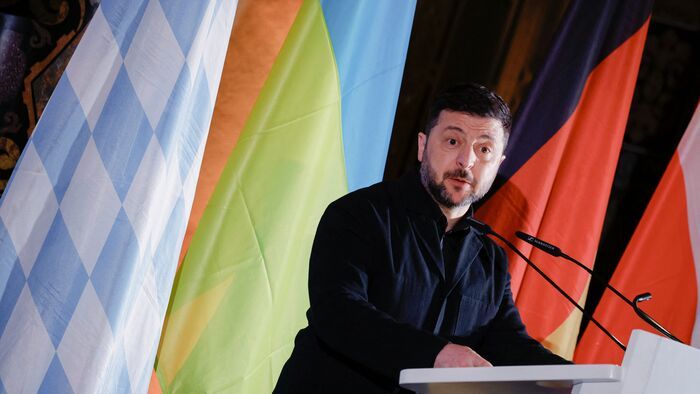
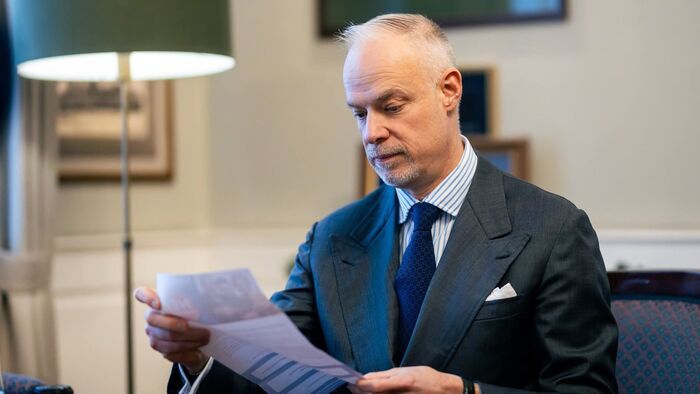
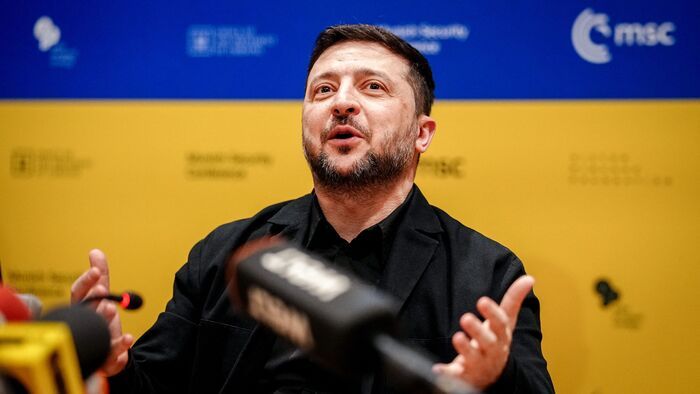

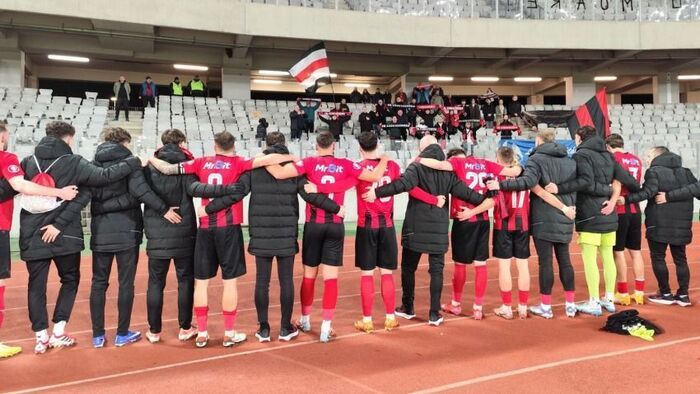



Szóljon hozzá!
Jelenleg csak a hozzászólások egy kis részét látja. Hozzászóláshoz és a további kommentek megtekintéséhez lépjen be, vagy regisztráljon!